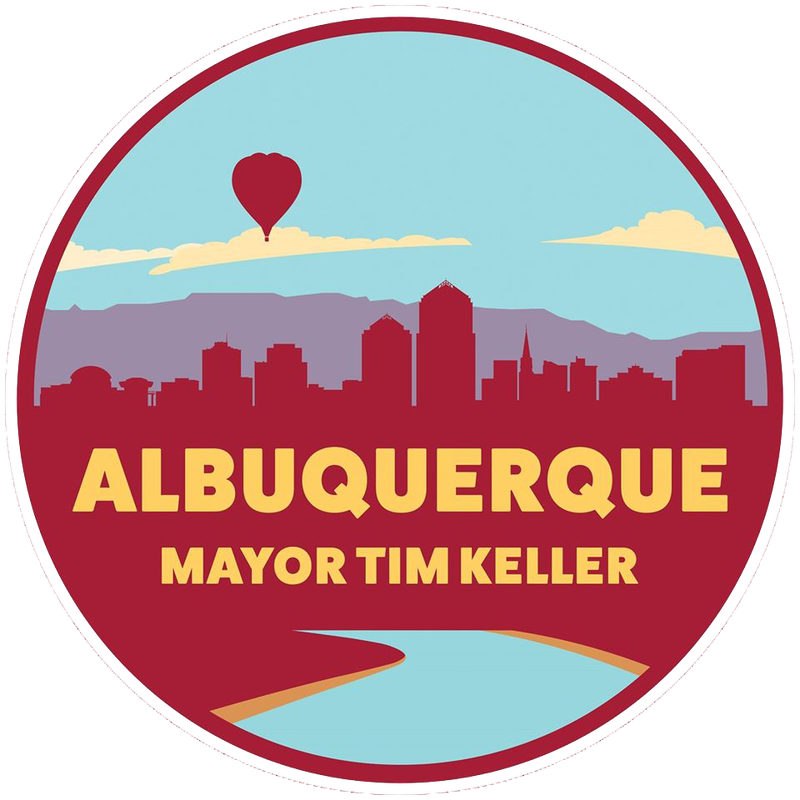
Mayor Keller Announces Rollout of Automated Speed Enforcement Program
Program to slow people down, change driver behavior will soon go live on Albuquerque streets
April 13, 2022
Today, Mayor Tim Keller announced that Automated Speed Enforcement devices will soon take effect on Albuquerque’s streets, aiming to curb dangerous speeding happening throughout the city. Starting on April 25, the systems will start issuing warnings, and on May 25, speeders will receive $100 fines. After a bipartisan effort with City Council, and a robust community input process, the City is moving forward to implement this needed tactic to slow down drivers, save lives, and increase safety on our streets. Automated Speed Enforcement is a key recommendation from both Vision Zero and the Mayor’s Metro Crime Initiative.
“Albuquerque families have suffered too many tragedies at the hands of reckless drivers. We need real change in the way drivers are using our streets,” said Mayor Tim Keller. “There’s no way for our officers to be everywhere all at once just waiting for speeders, so we have to be smart about using technology to multiply our force to create safer streets and advance our public safety goals.”
“We need a change in the way we think and the way we drive in Albuquerque and that’s what we’re going for by implementing this technology,” said Councilor Brook Bassan. “APD is doing their best with the resources they have. We have to do something to streamline our approach and support them. This is one way to do that.”
“This has been a collective effort. Across our city, in every district, speeding is a top issue,” said Councilor Klarissa Peña. “We don’t want any more families to lose a loved one in this way. Getting this program started is a big step that we’re very ready for.”
“This is another tool in our toolbox to help us crack down on widespread speeding,” said Lieutenant Nick Wheeler. “Not only does it add enforcement to places we can’t be, but the data will help us better focus our resources for live enforcement so that we can be as effective as possible in going after egregious, criminal speeders.”
“Using a data-driven approach and proven strategies are critical to creating safer roads, and designing systems that work for all roadway users,” said Valerie Hermanson, Vision Zero Coordinator. “But we have to also remember that behind every data point is a person, someone’s loved one. A core principal of this program is to influence behavior so that we’re all using our roads in a more considerate way, helping us all get to where we’re going safely.”
“We’re hopeful that this technology will help us target hot spots for speeding, and save lives,” said Rosa Rivera, aunt of Erika Chavez, Speeding Has a Name Campaign. “We need to educate our youth and all drivers, and spread the message that speeding does kill. Every single one of us behind the wheel needs to take accountability and respect the speed limits on the road.”
The program will start with three devices in place, with more coming online throughout the coming months, eventually totaling ten systems across the city. Device locations will be determined by speed and incident data, as well as community feedback. The program will continue to be developed through an equity lens. Citations will be civil, not criminal, and will not add points to driver’s licenses or go on their record. The devices are an unbiased layer of enforcement, only turning on when triggered by speeding and only capturing license plate information. This technology helps to increase enforcement without creating an increase in unneeded police interactions, letting APD officers focus on violent crime and more serious, criminal speeding. For more information, see the frequently asked questions about the program.
###

